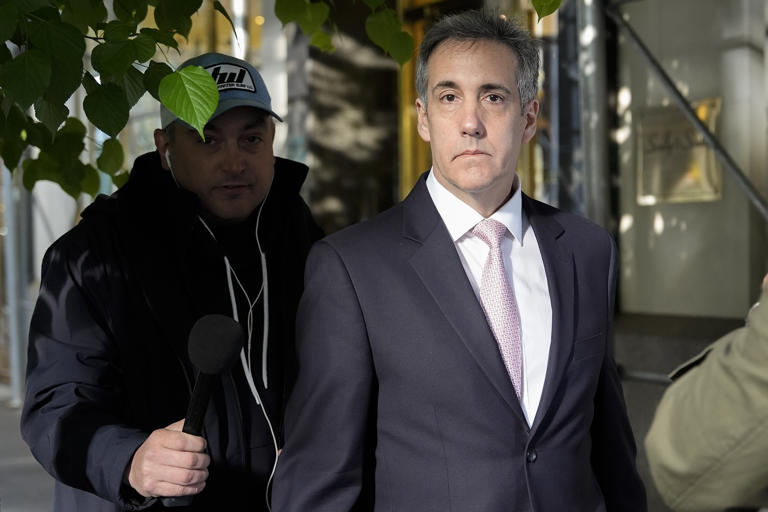Donald Trump’s hush money trial, his former fixer and now adversary, Michael Cohen, took the stand on Monday, revealing details of his close association with the former president.
Cohen’s testimony shed light on Trump’s hands-on management style, alleging that he often lied and bullied on behalf of his boss.
The trial, which marks the first criminal case against a former U.S. president, is now entering its final stages as prosecutors anticipate wrapping up evidence presentation by the end of the week.
Cohen, a key witness for the Manhattan district attorney, recounted his role in arranging hush money payments during Trump’s first presidential campaign. These payments, including $130,000 to porn actor Stormy Daniels, were allegedly aimed at silencing individuals who could potentially damage Trump’s reputation.
According to Cohen, Trump maintained a keen interest in every task assigned to his subordinates, demanding immediate updates and displaying a hands-on approach to management. Failure to keep him informed, Cohen stated, would not be tolerated.
While Cohen spoke fondly of his time working for Trump, he admitted to lying and bullying on his boss’s behalf, emphasizing that his sole objective was to satisfy Trump’s demands.
However, defense lawyers are poised for a vigorous cross-examination of Cohen, branding him as an “admitted liar” with a vendetta against Trump. Prosecutors, on the other hand, aim to bolster Cohen’s credibility by delving into his past crimes and presenting corroborating witnesses.
The strained relationship between Trump and Cohen, once characterized by loyalty, has since soured. Cohen’s decision to cooperate with authorities, leading to his guilty plea on federal charges, marked a turning point in their association.
As Cohen’s testimony unfolds, His central role in the trial is evident from the numerous mentions of his name during opening statements. Witnesses, including former National Enquirer publisher David Pecker and former Trump adviser Hope Hicks, have already testified about Cohen’s involvement in suppressing damaging stories during Trump’s 2016 campaign.
Meanwhile, Trump has continued to criticize the trial, erroneously attributing it to President Joe Biden. However, the case was brought forth by local prosecutors in Manhattan, independent of any White House influence.



